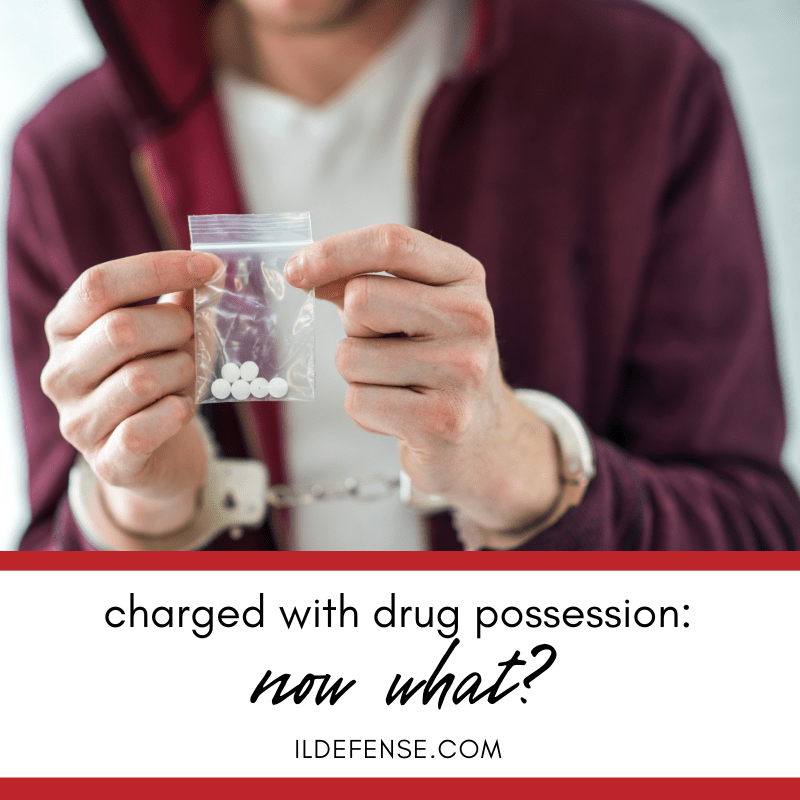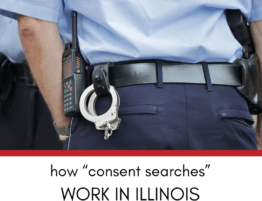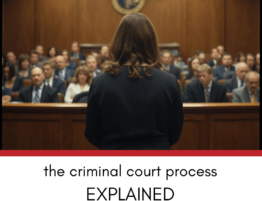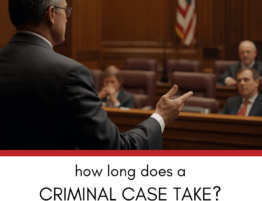
Navigating the complexities of a drug possession charge can be overwhelming. This guide is designed to provide clear, straightforward information to help you understand and manage the situation effectively.
Charged With Drug Possession: Now What?
If you’re facing drug possession charges, it’s crucial to understand the legal landscape and your options. This guide explains the following:
- What drug possession charges mean
- The legal process for drug possession charges
- Potential penalties for drug possession
- The role of a lawyer in drug possession cases
- Steps to take after being charged with drug possession
Here’s a closer look at each.
What Drug Possession Charges Mean
Drug possession charges in most jurisdictions mean that you have been caught with a controlled substance, such as cocaine, heroin, or prescription drugs without a valid prescription. The severity of the charge often depends on the type and amount of the drug, your intended use for it (personal use vs. intent to distribute), and other factors.
Related: Chicago criminal charge information
The Legal Process for Drug Possession Charges
The legal process begins with your arrest and booking. Following this, you’ll likely face an arraignment where the charges against you are read, and you can enter a plea. Pre-trial hearings and motions may follow, where your lawyer can negotiate with prosecutors or argue to dismiss or reduce charges. If the case goes to trial, the prosecution must prove you possessed the drugs and did so knowingly and intentionally.
Potential Penalties for Drug Possession
Penalties for drug possession can vary widely. They may include fines, probation, mandatory drug treatment programs, or incarceration. The severity of the penalties typically correlates with the type and amount of the drug, as well as your prior criminal record. Some jurisdictions have drug courts that focus on rehabilitation rather than punishment for first-time or low-level offenders.
The Role of a Lawyer in Drug Possession Cases
A lawyer’s role in a drug possession case is critical. They can provide legal advice, represent you in court, negotiate plea deals, and challenge the prosecution’s evidence. This might include questioning how the drugs were discovered and seized or the validity of drug tests. Their expertise is essential in navigating the legal system and working towards the best possible outcome.
Related: DUI information
Steps to Take After Being Charged With Drug Possession
After being charged, it’s important to contact a lawyer experienced in drug possession cases. Follow all legal instructions and court orders, and attend all required court appearances. It’s also advisable to avoid discussing your case with anyone but your lawyer. Additionally, consider engaging in drug education or treatment programs, as these can sometimes positively influence the outcome of your case.
FAQ About Charged With Drug Possession
Check out these commonly asked questions about being charged with drug possession.
What Should I Do Immediately After Being Charged?
Contact a lawyer who understands drug possession cases as soon as possible. They can guide you through the legal process and help protect your rights.
Related: Protesters’ rights in Illinois
Can a Lawyer Get My Drug Possession Charges Dropped?
While there’s no guarantee on a specific outcome, a lawyer can challenge the evidence against you and negotiate with prosecutors, which may lead to reduced charges or even dismissal in some cases.
What Are the Possible Consequences of a Drug Possession Conviction?
Consequences can range from fines and probation to jail time, depending on the drug type, amount, and your criminal history.
Related: Can I tell my lawyer the truth?
Is Drug Possession Always Considered a Felony?
Not always. The classification of drug possession as a misdemeanor or felony depends on various factors, including the type and amount of the drug.
Do You Need to Talk to an Attorney?
If you’ve been accused of a crime, we may be able to help you – and don’t worry: It’s completely confidential. Call us at 847-920-4540 or fill out the form below to schedule your free, private consultation with an experienced and skilled Chicago criminal defense attorney now.
Contact Us
"*" indicates required fields









